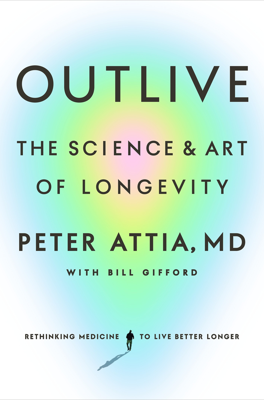Eat Less, Live Longer: The Science of Hunger and Health
The Science of Hunger and Health
Rapamycin Discovery: Peter Attia and his colleagues traveled to Easter Island, home to a critical discovery in longevity research. A molecule named rapamycin, found in the local soil, significantly impacts cellular growth and the immune system. It transformed transplant medicine by preventing organ rejection and was later observed to extend maximum lifespan in mammals, marking the first instance a drug demonstrated such capabilities in scientific studies.
mTOR Pathway: Rapamycin operates through the mTOR (mechanistic target of rapamycin) pathway, crucial to cellular growth and reproduction management based on nutrient availability. This pathway has broad implications in mediating longevity at the cellular level, being highly conserved across a multitude of species.
Caloric Restriction and Longevity: Historical and modern experiments associate reduced caloric intake with extended lifespans in laboratory settings, impacting healthspan by enhancing metabolic efficiency and cellular stress resistance. The pathways influenced by caloric reduction, such as AMPK and mTOR, enhance a cell's adaptability to lowered nutrient availability, exercise, and stress.
Autophagy Enhancement: Key to cellular cleansing and efficiency, autophagy is an essential catabolic process activated by nutrient reduction and exercise, and is also induced by rapamycin. It breaks down and recycles damaged cellular components, contributing significantly to maintaining cellular health and function.
Clinical Implications and Research: Despite rapamycin’s potential to enhance longevity and healthspan as shown in animal models, its immunosuppressive effects in humans, primarily used historically in transplant patients, limit its current application for aging-related treatments in healthy individuals. Milder or cyclical dosing schedules to modulate immune response without significant suppression are being studied to harness its benefits more safely.
Future Directions: Ongoing trials, like the Dog Aging Project, aim to understand rapamycin’s broader benefits for healthspan without intolerable side effects. Potential trials in humans may focus on the drug's ability to delay the onset of aging-related diseases using different dosing regimens to mitigate risks.
